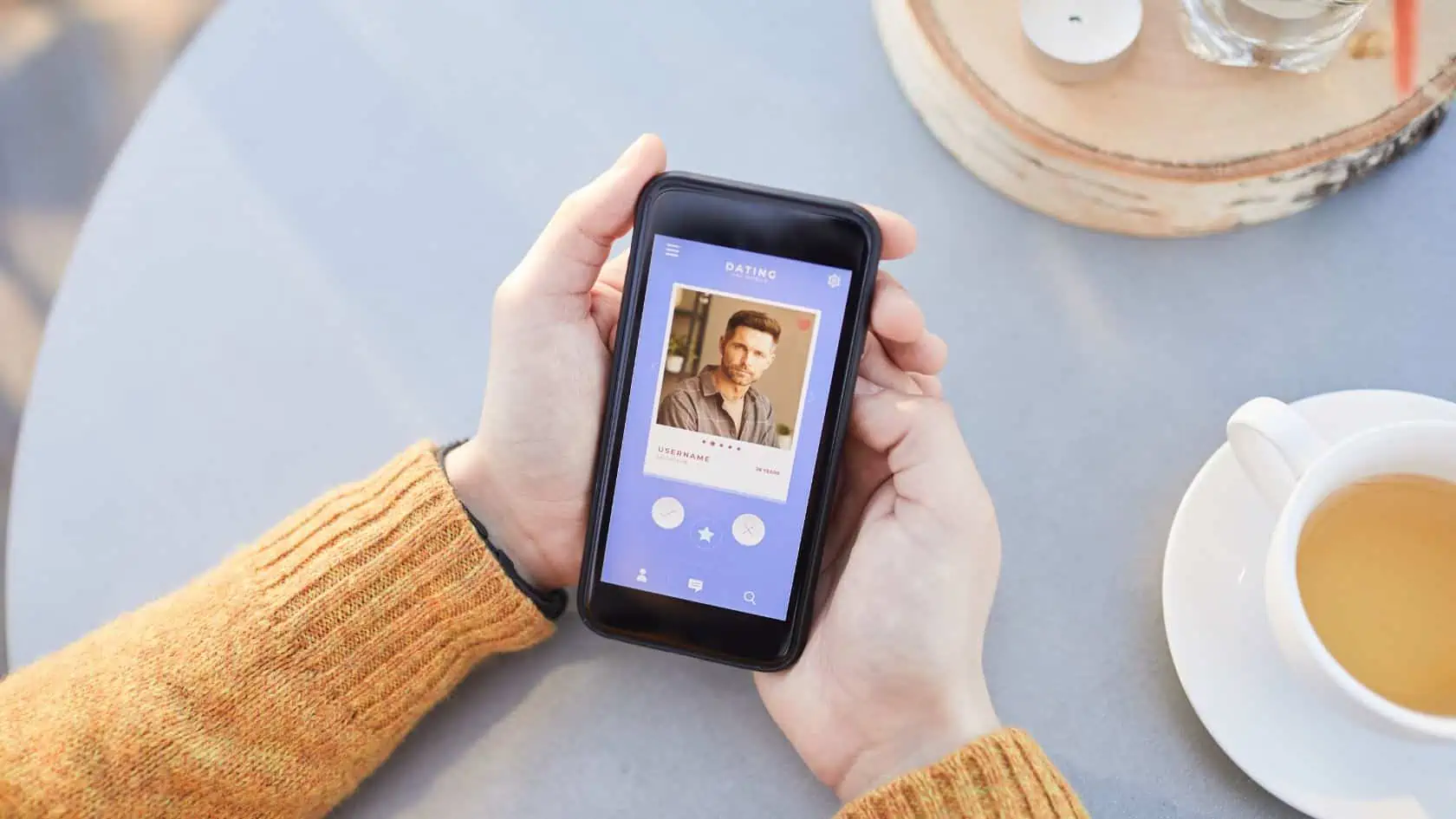7 Ways to Protect Yourself From Online Dating Scams According to a Security Expert
Singles are coming out of hibernation to enjoy the occasional coffee, dinner date, or drink with a potential partner. Along with them are the con artists of modern times – online dating scammers.
Security expert Nathan Daniels from VPNOverview.com has outlined seven steps to protect yourself when online dating to ensure you avoid a negative, potentially harmful, experience.
First, Some Must – Dos
Let’s reach a standard dating consensus and follow these guidelines:
- Choose reliable dating websites for meeting people
- Don’t post personal or private information that could be used against you
- No sharing photographs that you wouldn’t want on the internet in the first place
- Be wary of any promises someone makes without meeting you first
Now let us get to additional steps you can take to protect yourself from potential scammers.
1. Turn Off Location Tracking
Many dating apps require location tracking, allowing the app to view your location so they can show you candidates in your area.
Of course, this is a handy feature. Nevertheless, it’s understandable that you might want to keep your exact location private from a dating app or any service for that matter.
According to Daniels, you should change your phone’s settings to turn off geo-tracking once you close the app.
2. Consider a Video Chat (Before the First Date)
Another great safe online dating tip is to filter out fake dating profiles by requesting a video call. Most people with fake profiles will be very reluctant to have a call, especially if a video is involved. It can also be a regular call, but video chatting is definitely better.
Obviously, it’s much easier for scammers to deceive their victims through text messages and sending someone else’s pictures. If they were to agree to a call, they would most likely just be exposed as fraudsters. As such, if someone refuses a video call, be weary of a fake profile.
3. Don’t Connect Dating Profiles to Your Social Media Platforms
While connecting social media is super convenient for logging into an app and never having to memorize a new password, it can also open up Pandora’s box of information about you to others.
Just think about it – you’re connecting a profile intended for friends and family to a platform where you’ll contact tons of people you don’t know.
Instead, try another way to log in that can’t be traced back to you. One method, for instance, would be creating a Google account with random information that doesn’t contain your personal data.
4. Choose Different Profile Pictures
While your Instagram and Facebook profiles are likely shareworthy and illustrate all your amazing travels and life events you’ve embarked upon, wait until you meet someone face to face. Then, once you decide they are worthy of knowing and seeing this information, you can share away.
Unfortunately, social media images used in profile pictures can be used against you. Scammers can perform a reverse image search. This Google tool can help find other pages where the images appear, opening the door to your personal information, even if you didn’t include it on your dating profile.
Only use pictures on your dating profile you’re not using anywhere else.
5. Report Suspicious Activity & Inappropriate Behavior
Many dating apps have ways to report profiles or inappropriate behavior. If you come across a (potentially) fake profile or behavior that makes you uncomfortable, take the time to report it. You will make your own and others’ dating experiences safer.
Types of suspicious or inappropriate activity you might encounter and to watch for include the following:
- Fake profiles. Always be wary if you see an unverified profile or if it seems too good to be true.
- Money demands. If someone asks you for money, there’s a good chance they’re a catfish.
- Requests for explicit pictures. A red flag and something to never do.
- Inappropriate messages, such as those containing threats.
- Unacceptable behavior during an in-person meeting
- Messages where people try to sell you something or get you to do something unrelated to dating (spam).
- Rejection of video calls could indicate a fake account.
Many dating platforms also offer the possibility of blocking a specific user. Consider this option if someone is bothering you and you don’t want to have them contact you while you’re awaiting the results of the dating app’s investigation.
6. Don’t Open Shared Files
Some dating scammers infect their victims’ devices with malware. Rather than asking you for money, they might attempt to infect your system with a keylogger in hopes of getting their hands on your financial data.
Daniels recommends not downloading or clicking on files a new chat partner might send you. The same goes for visiting links they send you – both can contain dangerous malware.
Besides always being vigilant, consider investing in a solid antivirus solution to protect yourself from malware (if you don’t already have one).
7. Delete Your Account When You’re Done Dating
Have you finally met your soul mate? Or have you had your fill of casual dating fun? Either way, consider another valuable, safe online dating tip, and delete your online dating account once you’re done dating.
Daniels states that deleting your dating profile will erase (most of) your personal information on the dating platform in question. As a result, it will be much more difficult for others to abuse your personal information.
Final Comments
Being single and dating can be hard enough without worrying about getting scammed. However, some people have completely different agendas, and online dating apps are just a means to an end.
Staying aware of what could happen is a great way to protect yourself while looking for the right life partner.








